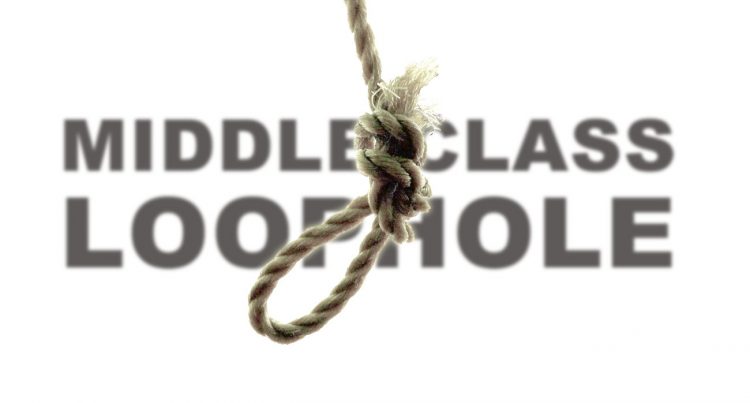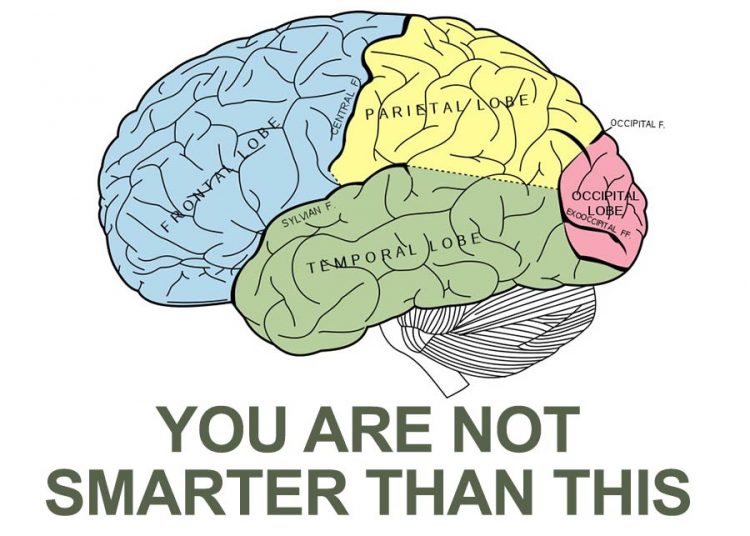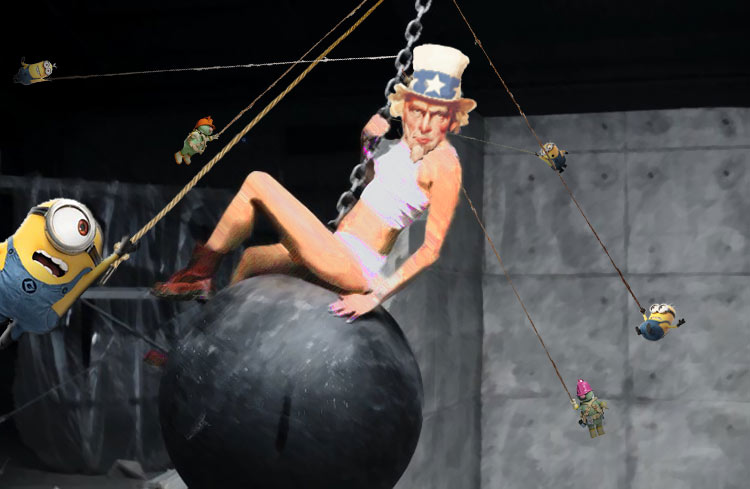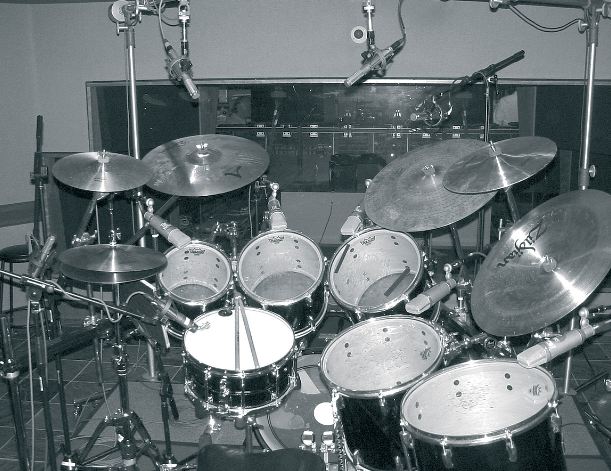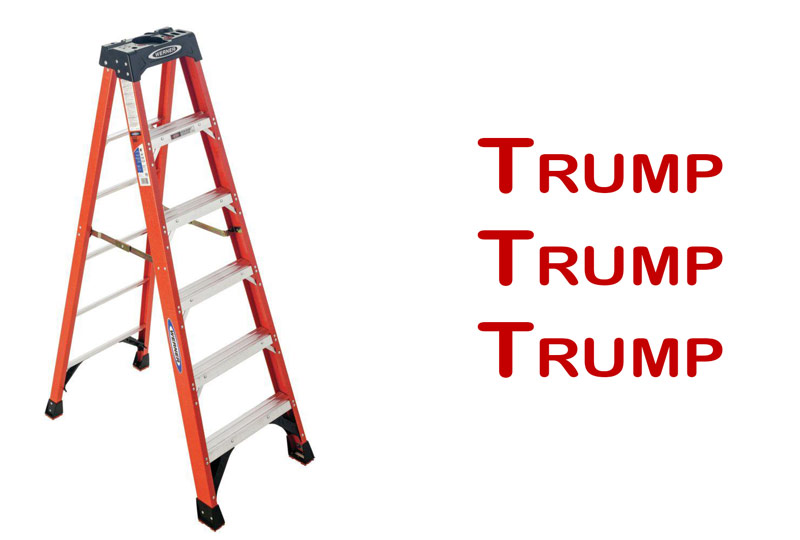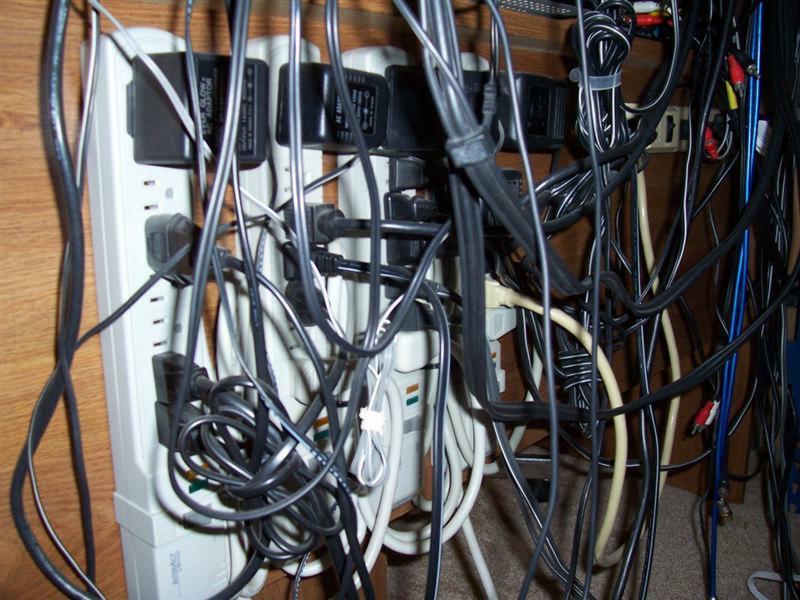 Because we all should learn from mistakes, right?
Because we all should learn from mistakes, right?
There are a million things that can go wrong in a recording session (just as there are a million and one things that can make it magical, so we always tend to come out on top in the end). These are the first 10 that came to mind motivated by a memory dream I had recently about a producer who threatened me with a baseball bat in a control room while mixing a death metal record (not really my thing, but we have to pay the bills right?). For future recording session reference on that one: if someone who looks a little “off” shouts “DON’T YOU KNOW WHO I AM?!?!?” (or) “I CAN BUY YOU WITH MY OUTBOARD GEAR!” then just lie and say, “Yes, I know you and admire your work” (and/or) “Please put the bat down so we can talk like you’re not an amped up death-core metal producer.” (Just a suggestion.)
These recording session mistakes aren’t in any particular order, but nevertheless, feel free to learn from my mishaps.
1. Not taking enough time in pre-production with the band to know what they want to sound like.
Particularly in the beginning when I started to know what I was doing, but didn’t know enough to understand that I was still a moron in the grand scheme of producing and engineering music. I had a nasty tendency to make the band sound like I wanted them to sound rather than sound like a better version of who they really are. It might make a great recording, but will destroy the band when they play live or write the next record. Take the time to really listen, talk, go through rehearsals, and get a vibe for who the band is, what they’re core sound is all about, and always keep that in mind. You can make it better, but don’t change it entirely because of you’re own subjective opinions.
2. Assuming that everything in the control room was working.
Even if it’s your own and you worked in it 2 hours ago… something will go wrong. But more importantly, it’s a mindset that mentally prepares you for staying hyper-aware during the session; to foresee problems before they happen. Not only with the gear, but with the artists, the groupies, whatever. As an engineer you’re running the ship and are the only one who can keep it afloat – never assume anything other than your pencil will work (but keep your pencil sharpener close just in case). Everything from circuit boards on the console melting down, to computers not running more than 10 minutes at a time before a crash. You never know, so you might as well just walk though that door with the mindset that somewhere in that room there’s a piece of gear that is sneering at you and wants to make your life miserable.
3. Being lazy with headphone mixes.
Dear lord I cannot express with enough written emotion how important I feel headphone mixes are. Yes, copying to sends or just giving the control room feed is cool and effectively does the job in most cases, but most of the time it won’t get you the best performance out of the musicians. If you don’t know, then get in the room and be the musician – every musician. Be a drummer, a guitar player, a singer, and listed to your headphone mixes while playing. You’ll get the picture and begin to see how different they need to be as well as how important.
4. Not paying attention.
Yes, I have been known to read a good book during takes and the band can’t see me, but it’s not cool. There have been times when I start spacing out and the take ends, yet I had no idea until I noticed someone was shouting at me. This is also for all aspects, however. The more you (yes this sounds strange) “become part” of the session process, the faster you can work. It’s not just about spacing out, but if you pay super-attention, then you can work amazingly fast and have a more zen sort of approach to what’s happening at any given point in the session.
5. Arguing with the producer.
I didn’t mention that I have a temper, right? This one is pretty easy to know is a bad thing, but my primary lesson learned is in what context more so than do it or not do it. Argue away, my friends, but always to it as a sidebar, outside of sight and sound from the artist. In the end, you want a good creative relationship with a producer so you can give input, but you want to make sure that you’re not questioning his/her judgement in front of the clients either. Do that there’s a pretty darn good chance you won’t be asked to work with them again. ;)
6. Not recording rehearsal takes.
Short and sweet one. Particularly with vocals (leads or harmonies) I’ve hit myself in the head with a 57 when not recording practice takes. Singers might hit that right note the right way ONCE and far too often it’s been the ONE time I’m not recording their practicing. Arg.
7. Liking the song too much.
Lose perspective on this one, you will. If you let yourself feel the song too much then you’ll stop focussing on your job. You might work harder to make it sound great, but you’ll also tend to overlook the details, which, lets’ face it, is what you’re supposed to be doing when engineering.
8. Not taking enough time to get a great room mic sound for the drums.
Granted, this can be genre based, but you have one chance to get the live room when tracking drums, so don’t ever assume you won’t need it. Songs can evolve when they’re being recording, especially if you have enough time in the studio to experiment with arrangements. If you end up needing a solid room sound, I don’t care what Lexicon and TC Electronic tell you in their ads, nothing is as good as a well-mic’d live room. Take the time to do it right. Don’t be a faker.
9. Not listening intently enough for bleed or system and studio noise before starting to record.
Wooof. Entire tracks with SMPTE code bleeding through the bass track. Nasty buzzed on keys I didn’t notice because we tested with sounds that masked it and I wasn’t patient enough to just have them stop playing for 5 seconds. Yes, you can use noise reduction, but best get it right the first time (see a theme here, how about you?).
10. Selling my 2-inch.
Because it’s not pretty to see a grown man cry.


